Taking up cycling could be one of the best decisions you ever make, with the benefits covering improved health, happiness, relationships and much more.
We’ve put together the top 27 reasons to start cycling, which should convince you to ride a bike.
While many of these benefits apply to all bikes and types of cycling, we also have a guide to the benefits of riding an ebike.
27 reasons to take up cycling in 2024
1. Helps you get fit and healthy
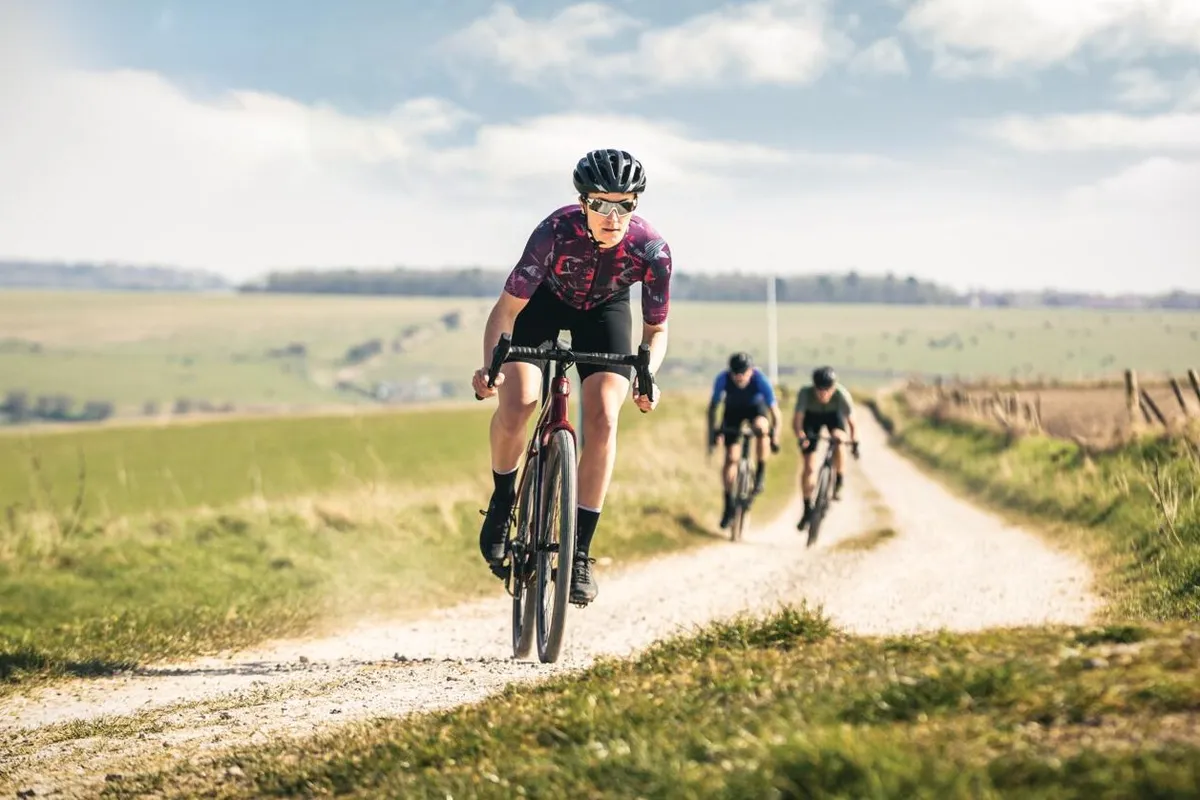
We’re starting with the obvious, but the health benefits of cycling are manifold and it can help you get fit. You don’t even have to be a Lycra-clad, century-riding enthusiast to unlock this benefit. Riding outdoors or indoors, or even just cycling to work can pay huge dividends for your fitness.
A 2017 study found commuting by bike is associated with improved cardiovascular functioning and a lower risk of cardiovascular disease.
The study also says those who cycle often or incorporate it into their physical activities are typically fitter than people who do other physical activities.
It’s also an easy way to achieve physical activity guidelines. The study shows how 90 per cent of cycle commuters and 80 per cent of mixed-mode cycling commuters hit activity guidelines. In comparison, only 54 per cent of waking commuters and approximately 50 per cent of mixed-mode walking commuters hit activity guidelines, according to the study.
2. Beats illness
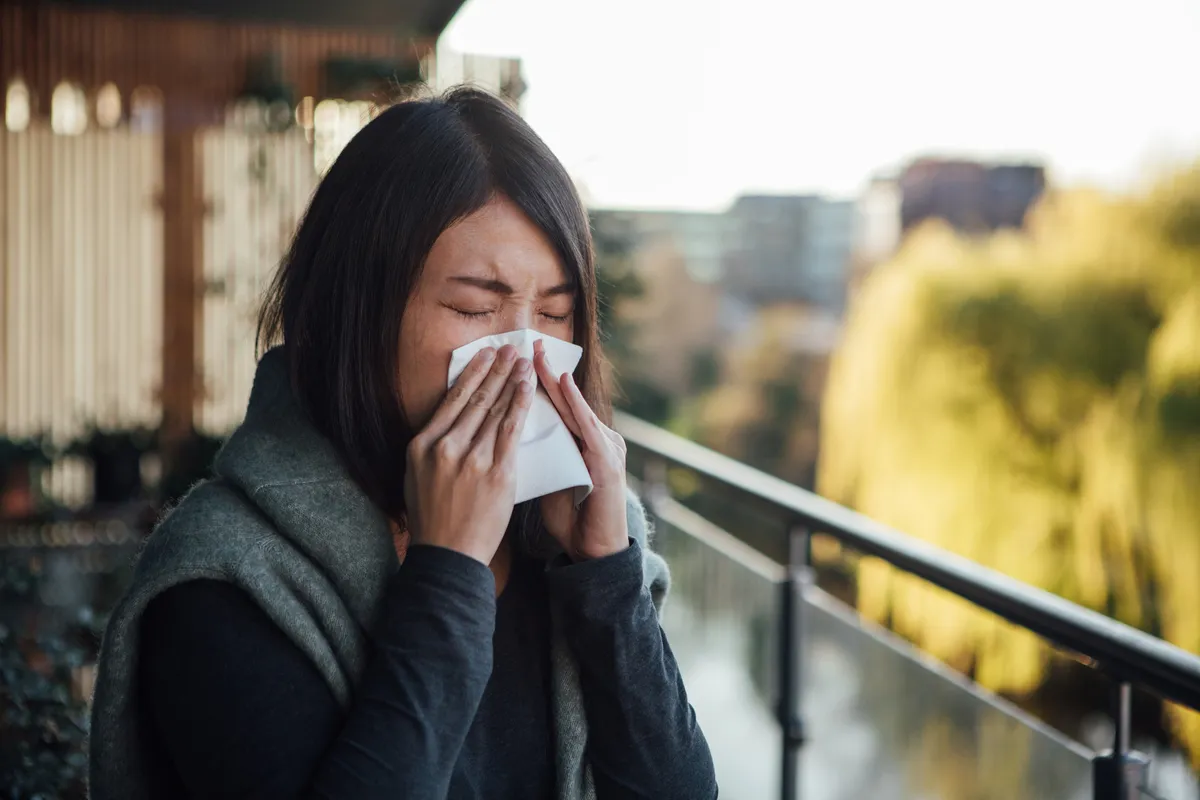
Is cycling good for you? Yes! Forget apples, riding’s the way to keep the doctor at bay.
“Moderate exercise makes immune cells more active, so they’re ready to fight off infection,” says Cath Collins, chief dietician at St George’s Hospital in London.
In fact, according to research from the University of North Carolina, people who cycle for 30 minutes, five days a week take about half as many sick days as those who do no exercise.
3. Boosts your bellows

The lungs work considerably harder than usual when you ride.
Generally, an adult cycling uses 10 times the oxygen they’d need to sit in front of the TV for the same period.
Even better, regular cycling will help strengthen your cardiovascular system over time, enabling your heart and lungs to work more efficiently and getting more oxygen where it’s needed quicker. This means you can do more exercise for less effort. How good does that sound?
4. Increases your brain power
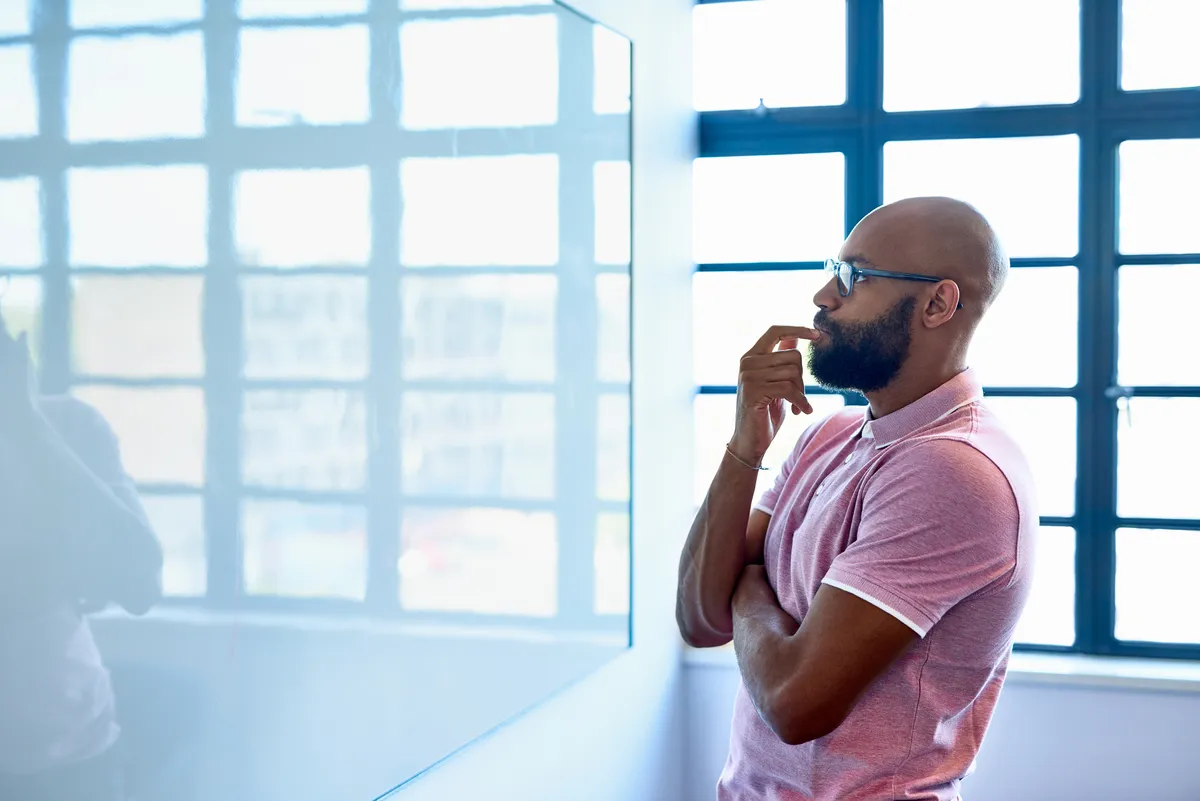
Cycling will power up your grey matter. Exercise stimulates the growth of new connections between cells in cortical areas of the brain.
A UCLA study showed exercise makes it easier for the brain to grow neuronal connections. This helps with the general power of the brain but also aids the regrowth of axons on damaged cells after a nerve crush injury, the study revealed.
Exercise can also aid brain function later in life. “It boosts blood flow and oxygen to the brain, which fires and regenerates receptors, explaining how exercise helps ward off Alzheimer’s,” says Professor Arthur Kramer of the University of Illinois.
A 2019 study also found cycling improved executive functions. These are the processes that enable planning, attention focus and observation, to name just three.
5. It can make you live longer
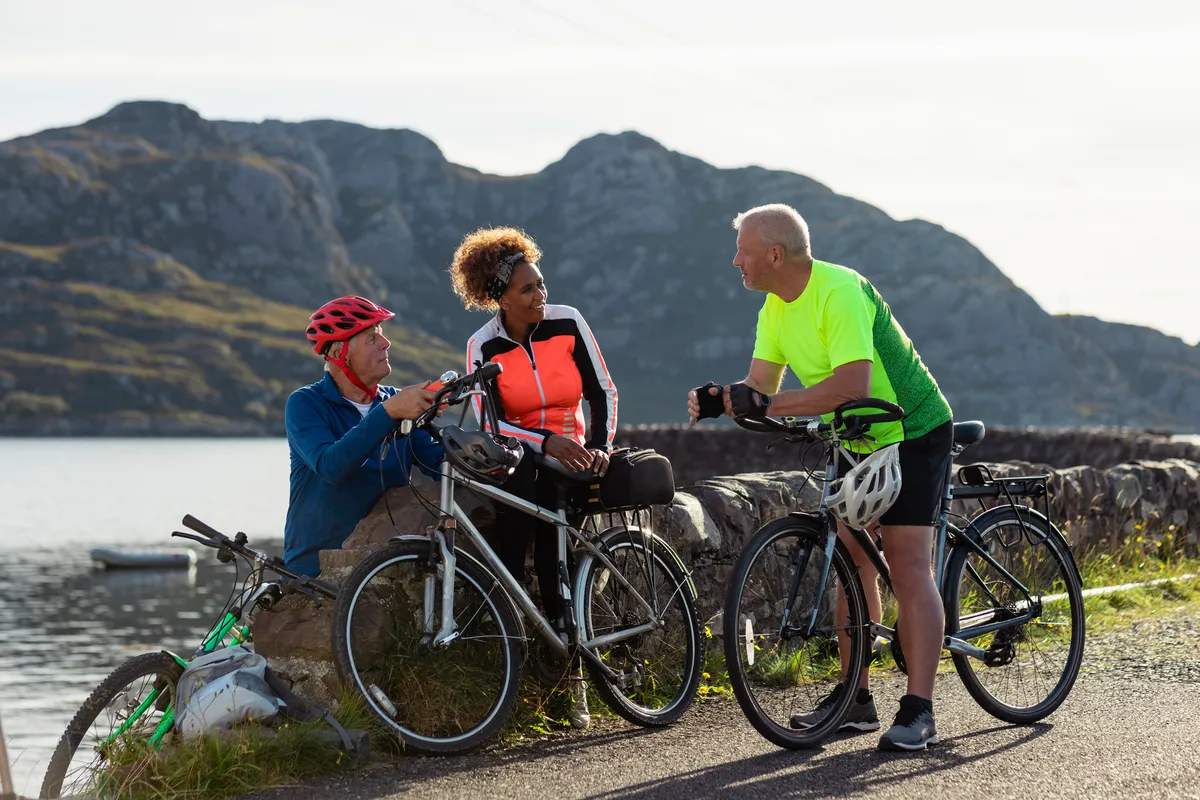
King’s College London compared more than 2,400 identical twins and found those who did the equivalent of just three 45-minute rides a week were nine years ‘biologically younger’ even after discounting other influences, such as body mass index (BMI) and smoking.
“Those who exercise regularly are at significantly lower risk of cardiovascular disease, type 2 diabetes, all types of cancer, high blood pressure and obesity,” says Dr Lynn Cherkas, who conducted the research.
“The body becomes much more efficient at defending itself and regenerating new cells.”
6. Helps your gut
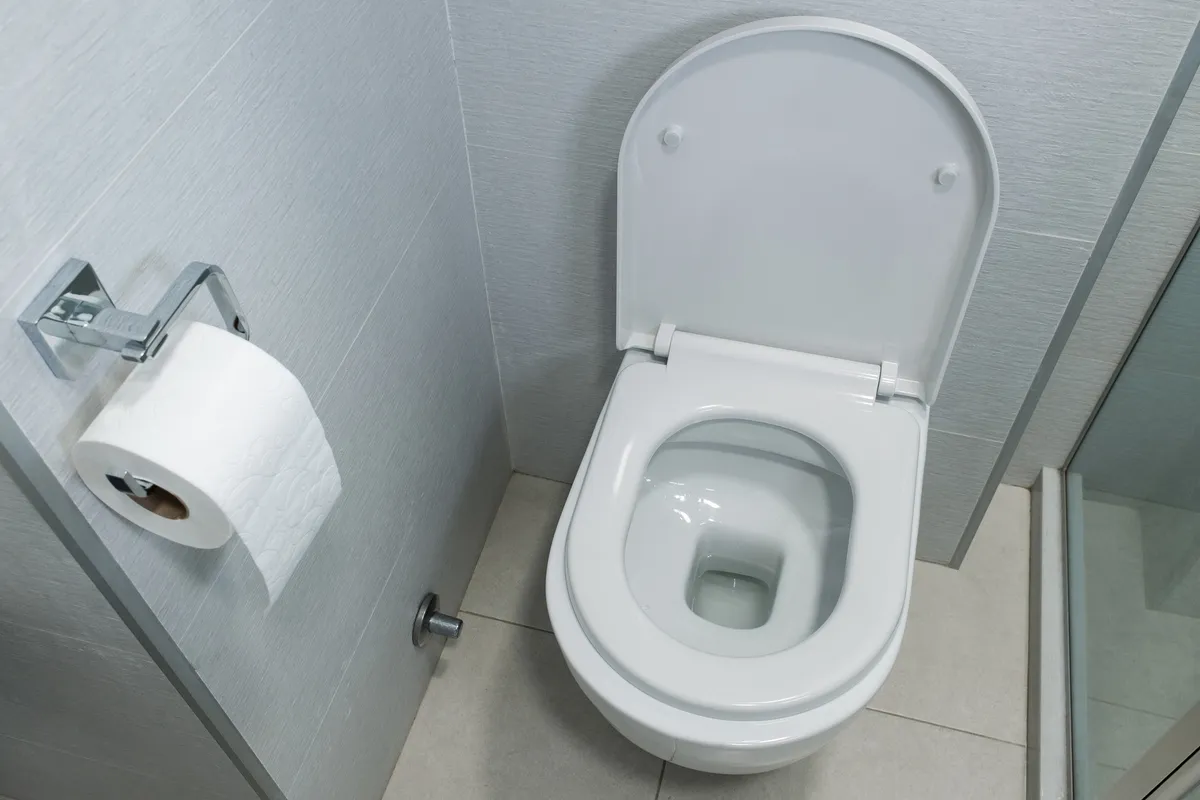
According to experts from Bristol University, the benefits of cycling extend to your gut.
“Physical activity helps decrease the time it takes food to move through the large intestine, limiting the amount of water absorbed back into your body and leaving you with softer stools, which are easier to pass,” explains gastroenterologist Dr Ana Raimundo.
In addition, aerobic exercise accelerates your breathing and heart rate, which helps to stimulate the contraction of intestinal muscles. “As well as preventing you from feeling bloated, this helps protect you against bowel cancer,” Dr Raimundo says.
7. It’s good for your mental health
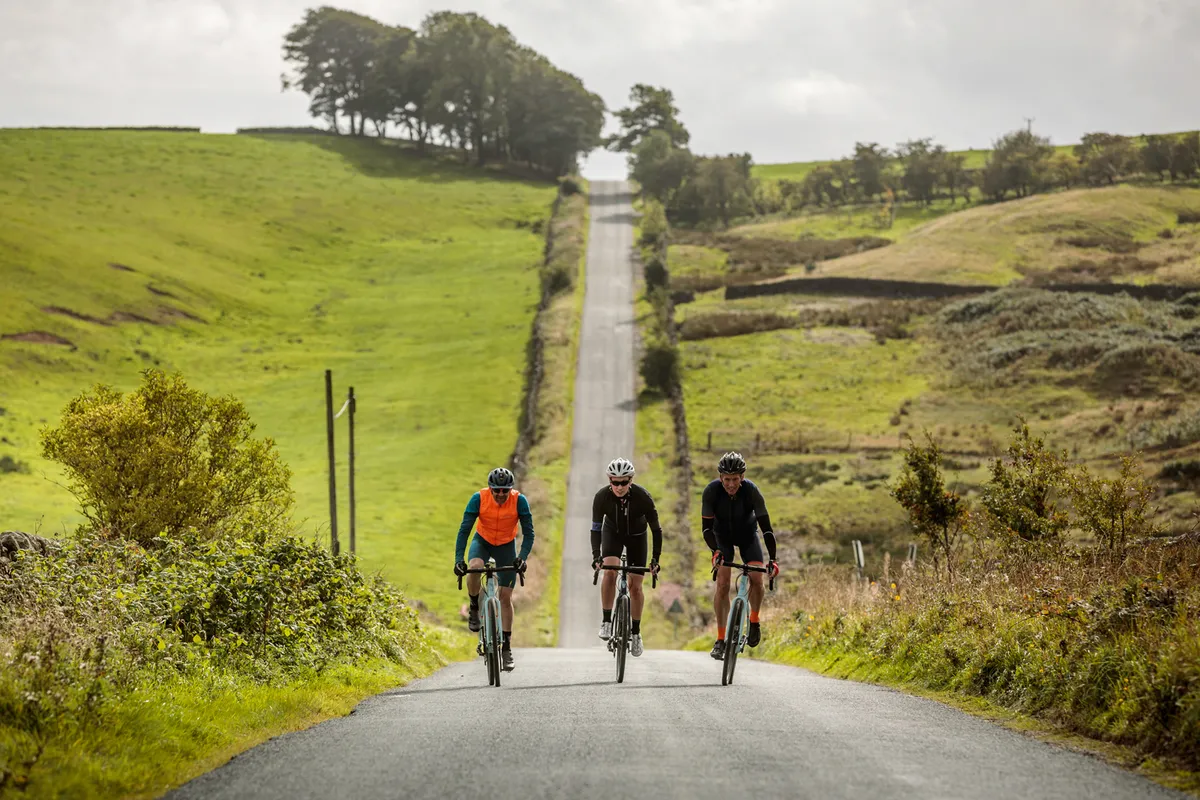
Cycling is good for your mental health.
Neil Shah, of the Stress Management Society, says cycling “is one of the most effective treatments for stress and in many cases has been proven to be as effective as medication – if not more so”.
Shah says there is a “Mountain of scientific evidence” pointing towards cycling as a stress-busting property.
8. Reduces your carbon footprint

20 bicycles can be parked in the same space as one car. It takes around 5 per cent of the materials and energy used to make a car to build a bike, and a bike produces zero pollution.
Bikes are efficient, too. You travel around three times as fast as walking for the same amount of energy and, taking into account the ‘fuel’ you put in your ‘engine’, you do the equivalent of 2,924 miles to the gallon.
You have your weight ratio to thank: you’re about six times heavier than your bike, but a car is 20 times heavier than you.
Riding one of the best electric bikes can prove even more environmentally friendly than non-assisted bikes.
9. Helps you avoid pollution
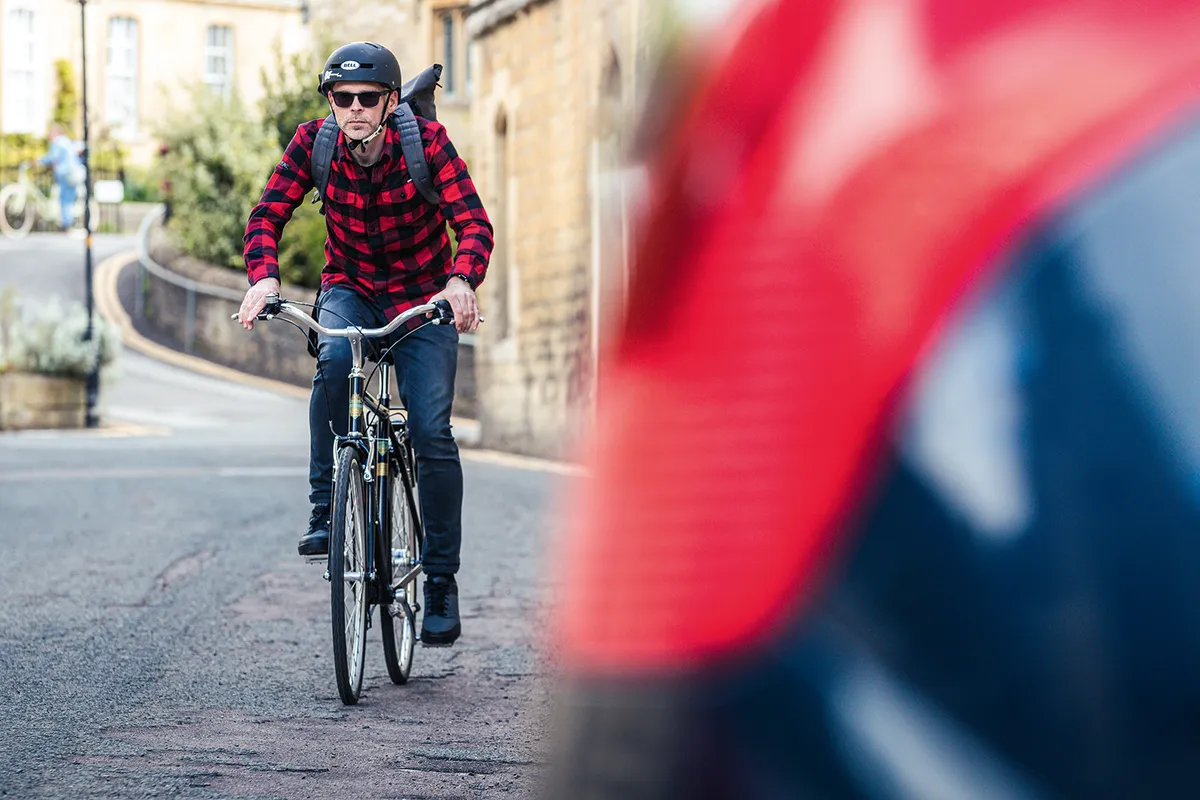
As well as reducing your carbon footprint, cycling will help you avoid pollution.
Researchers at Imperial College London found passengers in buses, taxis and cars inhaled substantially more pollution than cyclists and pedestrians.
On average, taxi passengers were exposed to more than 100,000 ultrafine particles – which can settle in the lungs and damage cells – per cubic centimetre. Bus passengers sucked up just under 100,000 and people in cars inhaled about 40,000.
Cyclists, meanwhile, were exposed to just 8,000 ultrafine particles per cubic centimetre. It’s thought cyclists breathe in fewer fumes because we ride at the edge of the road and, unlike drivers, aren’t directly in the line of exhaust smoke.
10. Improves your sex life
Being more physically active improves your vascular health, which has the knock-on effect of boosting your sex drive, according to health experts in the US.
One study from Cornell University also concluded male athletes have the sexual prowess of men two to five years younger.
Staying active can also delay menopause by a similar amount of time. Some females can find menopause impacts sexual desire, so staying active could be a way to ward off reduced arousal.
Meanwhile, research carried out at Harvard University found men aged over 50 who cycle for at least three hours a week have a 30 per cent lower risk of impotence than those who do little exercise.
11. Helps with pregnancy
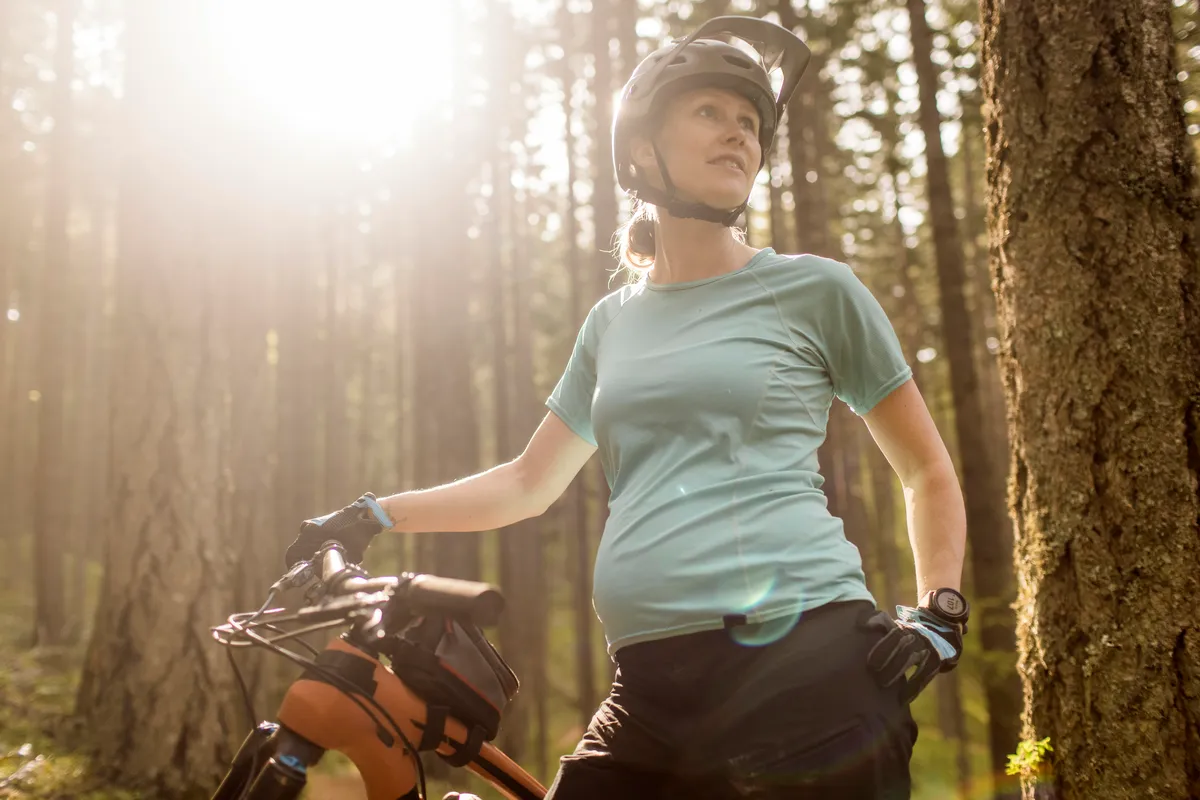
Cycling while pregnant could serve you and your pride and joy well, as long as you do it safely, of course.
According to research from Michigan University in the US, mums-to-be who exercise regularly during pregnancy have an easier, less complicated labour, recover faster and enjoy better overall mood throughout the nine months.
“There’s no doubt moderate exercise such as cycling during pregnancy helps condition the mother and protect the foetus,” says Patrick O’Brien, a spokesperson for the Royal College of Obstetricians and Gynaecologists.
12. Heals your heart
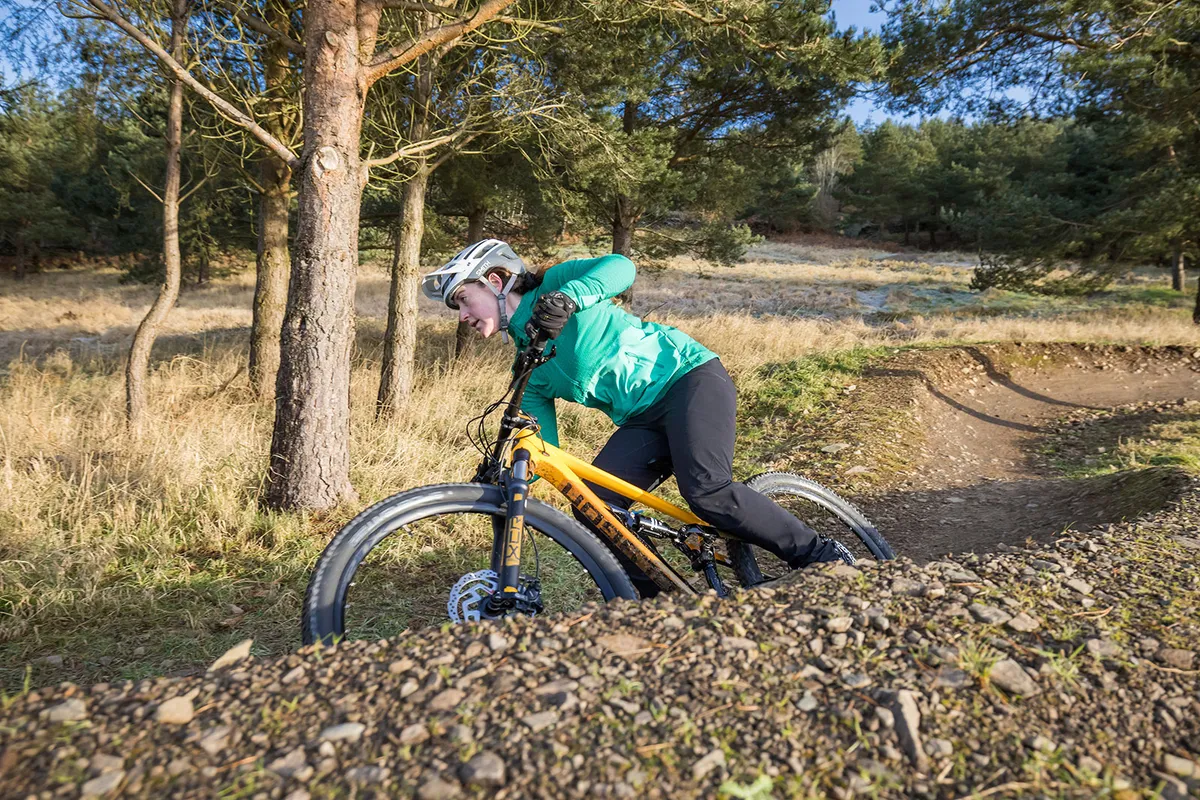
Studies from Purdue University in the US have shown regular cycling can cut your risk of heart disease by 50 per cent. And according to the British Heart Foundation, around 10,000 fatal heart attacks could be avoided each year if people kept themselves fitter.
Cycling just 20 miles a week reduces your risk of heart disease to less than half that of those who take no exercise, it says.
13. Makes you motivated and helps you deal with stress

A study of 200 people carried out by the University of Bristol found employees who exercised before work or at lunchtime improved their time and workload management. It also boosted their motivation and ability to deal with stress.
The study also reported workers who exercised felt their interpersonal performance was better and found it easier to finish work on time.
14. Can help ward off cancer
Plenty of evidence suggests any exercise is useful in warding off cancer, but some studies have shown cycling is specifically good for keeping your cells in working order.
One long-term study carried out by Finnish researchers found men who exercised at a moderate level for at least 30 minutes a day were half as likely to develop cancer as those who didn’t.
And what was one of the moderate forms of exercise they cited? Cycling to work. Other studies have found women who cycle frequently reduce their risk of breast cancer by 34 per cent.
15. Lose weight through cycling
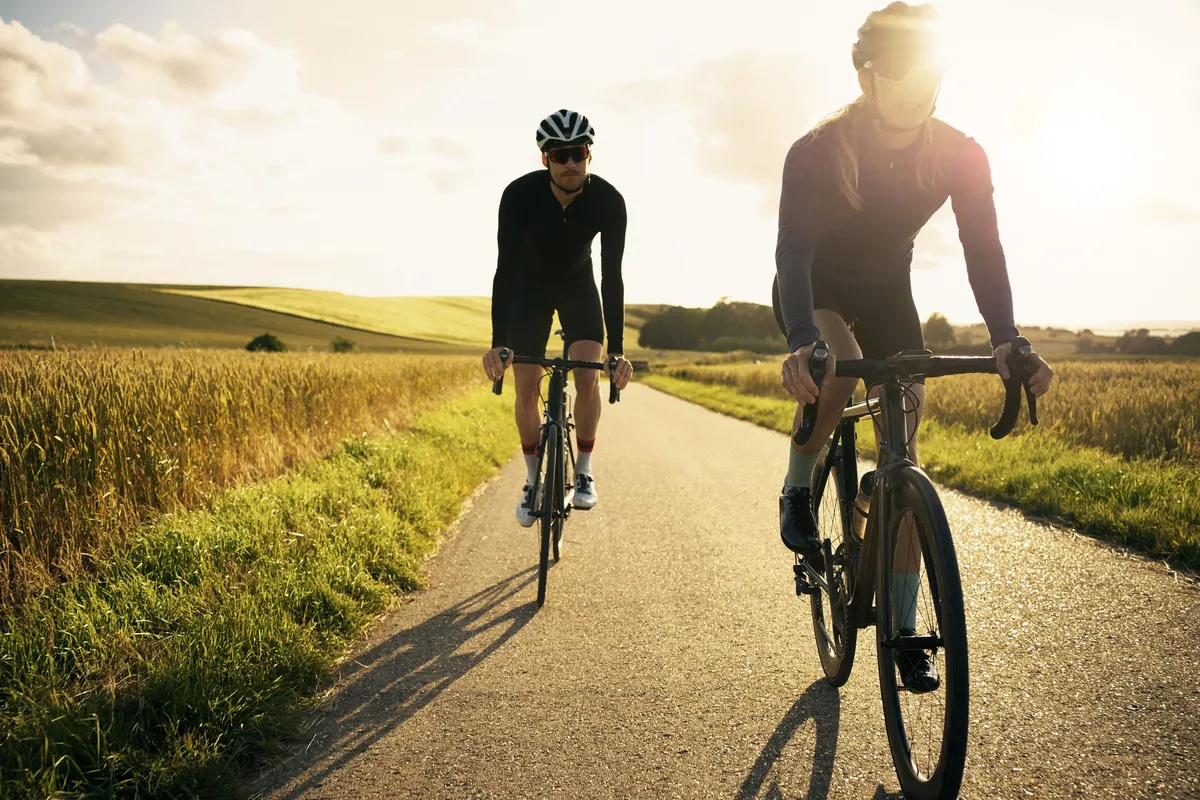
Cycling is a great way to lose weight. It’s efficient and unlike many forms of exercise, it can be integrated easily into your daily life.
Weight doesn’t have to be a barrier to cycling and it’s worth approaching weight loss with caution. We’ve put together an in-depth guide on how to lose weight through cycling safely and effectively.
16. Bike riding means guilt-free snacks

Upping your sugar intake is seldom your doctor’s advice, but in the few hours after a big ride, that’s exactly what you should do. This gives you the perfect excuse to munch on sweets you might normally avoid.
Dr Tim Podlogar, a nutritionist at Bora-Hansgrohe WorldTour cycling team, recommends Haribo. The sugar in them helps rapidly replenish your body's glycogen stores, so you can recover, adapt to the training stimulus and get fitter.
17. It's good for many sports
Whether you want to keep in prime shape or just improve your weekly tennis game, a stint in the saddle is the way to begin.
A medical study from Norway carried the title Aerobic Endurance Training Improves Soccer Performance, which makes it pretty clear the knock-on benefits to other sports are immense.
18. It's good family time

Cycling is an activity the whole family can do together. The smallest tyke can clamber into a child’s bike seat or tow-along trailer.
Moreover, your riding habit could be sowing the seeds for the next Tom Pidcock or Marianne Vos. Studies have found, unsurprisingly, kids are influenced by their parents’ exercise choices.
Put simply, if your kids see you riding regularly, they’ll think it’s normal and will likely want to follow your example.
It’s not just the kids who can join in. The NHS says cycling is kind on joints and there are plenty of bikes suitable for older people, so the grandparents can join in, too.
19. Helps with creativity
Writers, musicians, artists and all kinds of other professionals use exercise to solve mental blocks and make decisions, and science backs this approach up.
A study found 25 minutes of aerobic exercise boosts at least one measure of creative thinking. Credit goes to the flow of oxygen to your grey matter when it matters most, sparking your neurons and giving you breathing space to come up with an inspired line, guitar lick or brush stroke.
20. Can be used for a good cause
Many cyclists turn their health, fitness and determination into fundraising efforts for the less fortunate. The London to Brighton bike ride has raised over £40 million for the British Heart Foundation since the two became involved in 1980, with countless other rides contributing to the coffers of worthy causes.
21. Burns more fat
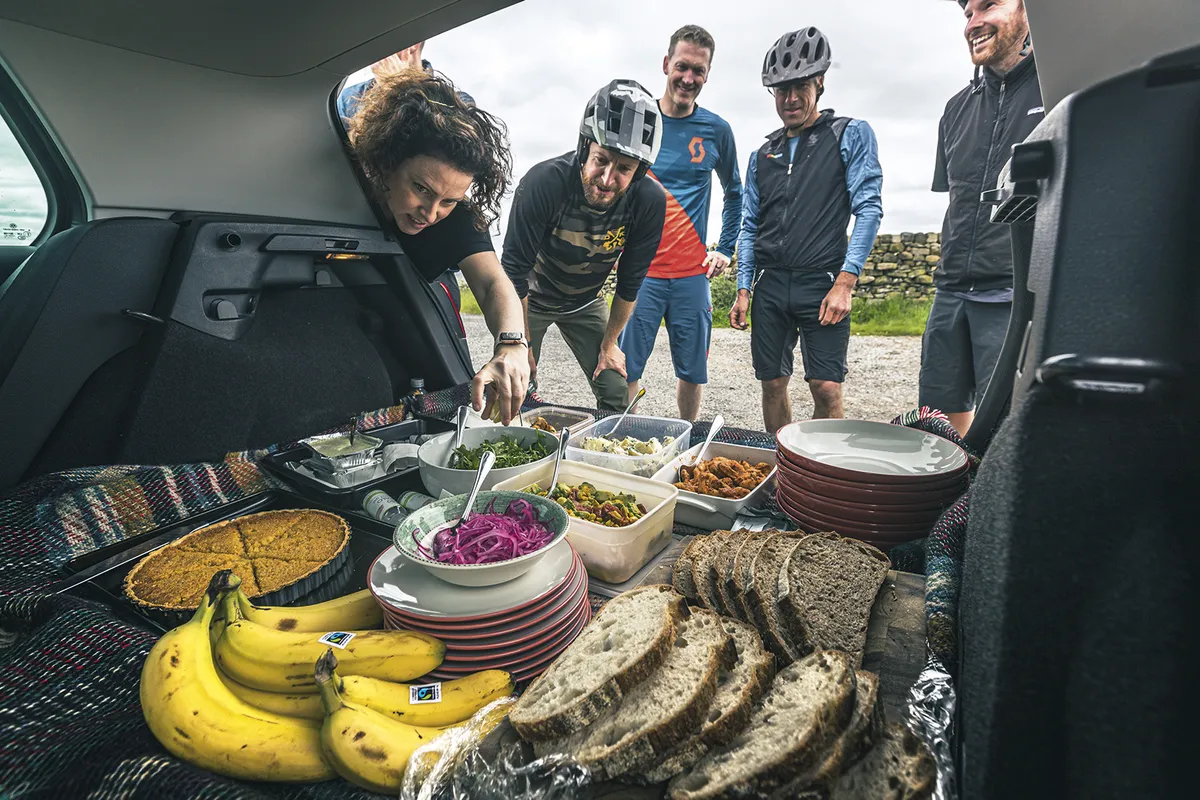
Burning fat isn’t the same as losing fat from your body, but you can improve your endurance and V02 Max by training in the fat-burning zones.
Sports physiologists have found the body’s metabolic rate – the efficiency with which it burns calories and fat – is not only raised during a ride, but for several hours afterwards.
“Even after cycling for 30 minutes, you could be burning a higher amount of total calories for a few hours after you stop,” says sports physiologist Mark Simpson of Loughborough University.
As you get fitter, the benefits are more profound. One recent study showed cyclists who incorporated fast intervals into their ride burned three-and-a-half times more body fat than those who cycled constantly but at a slower pace.
22. It gets you (legally) high

The ‘runner’s high’ is a sensation post-exercise of euphoria and relaxation. Despite the name, this high is applicable to all endurance athletes.
To test the idea, neurologists at the University of Bonn visualised endorphins in the brains of 10 volunteers before and after a two-hour cardio session using a technique called positive emission tomography.
Comparing the pre- and post-run scans, they found evidence of more opiate binding of the happy hormone in the frontal and limbic regions of the brain – areas known to be involved in emotional processing and dealing with stress.
“There’s a direct link between feelings of well-being and exercise, and for the first time this study proves the physiological mechanism behind that,” explains study coordinator Professor Henning Boecker.
23. It’ll make you happy

Cycling can make you happy. Even if you’re miserable when you saddle up, cranking through the miles will lift your spirits.
“Any mild-to-moderate exercise releases natural feel-good endorphins that help counter stress and make you happy,” explains Andrew McCulloch, chief executive of the Mental Health Foundation.
That’s probably why four times more GPs prescribe exercise therapy as their most common treatment for depression compared to three years ago.
“Just three 30-minute sessions a week can be enough to give people the lift they need,” says McCulloch.
24. It can ease fatigue
This sounds counter-intuitive, but if you feel too tired for a ride, the best thing you can do is go for ride.
Physical activity for even a few minutes is a surprisingly effective wake-up call. A review of 12 studies on the link between exercise and fatigue carried out between 1945 and 2005 found exercise directly lowers fatigue levels.
25. Helps you make friends

The social side of riding could be doing you as much good as the exercise and health benefits. With a burgeoning scene of inclusive cycle clubs, it's becoming easier to meet people through cycling.
Researchers at the University of California found socialising releases the hormone oxytocin, which buffers the ‘fight or flight’ response.
A study from Harvard Medical School found those with the most friends cut the risk of early death by more than 60 per cent, due to a reduction in blood pressure and a stronger immune system.
The results were so significant that researchers concluded not having close friends or confidants is as detrimental to your health as smoking or carrying extra weight. Add in the fitness element of cycling too and you’re onto a winner.
26. Improves your sleep

Hill reps or a daily commute by bike won’t just help with your fitness but your sleep, too.
Reducing regular sleep by an hour a night can lead to a spike in the hormone cortisol, which can then make it harder to sleep.
Exercise can redress that imbalance and set you on your way to a healthy dose of shut-eye.
There is of course the added benefit of a good night’s sleep aiding performance on the bike.
27. You can explore the world

Yes, cycling is great for your mind, your health and the planet. But the power of two wheels also has another huge benefit: it helps you explore the world.
Whether riding on local lanes, bikepacking or taking part in the Silk Road Mountain Race, a bicycle will help you discover what's around you and places that are much further away.
